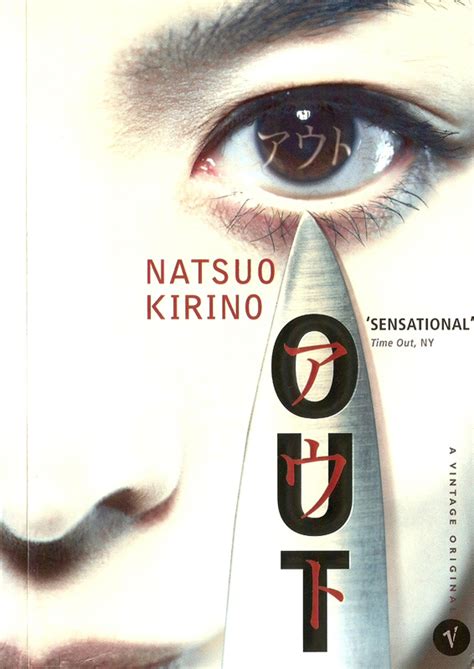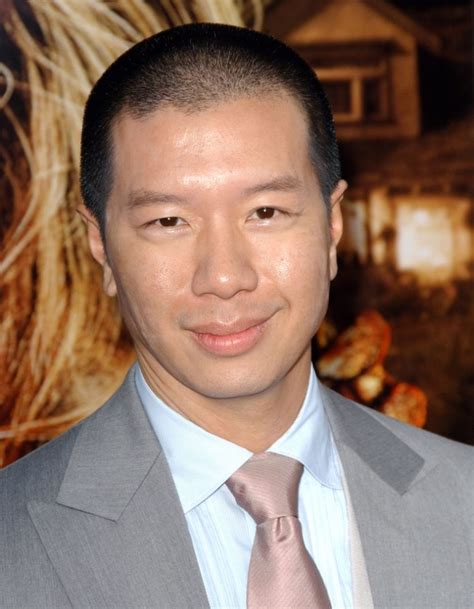A Quote by Robert Dessaix
One has to choose a word in English. If you want to be eligible for a literary prize you have to designate it as something.
Related Quotes
When I was quite young I fondly imagined that all foreign languages were codes for English. I thought that "hat," say, was the real and actual name of the thing, but that people in other countries, who obstinately persisted in speaking the code of their forefathers, might use the word "ibu," say, to designate not merely the concept hat, but the English word "hat." I knew only one foreign word, "oui," and since it had three letters as did the word for which it was a code, it seemed, touchingly enough, to confirm my theory.
So you want another story?" Uhh... no. We would like to know what really happened." Doesn't the telling of something always become a story?" Uhh... perhaps in English. In Japanese a story would have an element of invention in it. We don't want any invention. We want the 'straight facts,' as you say in English." Isn't telling about something--using words, English or Japanese--already something of an invention? Isn't just looking upon this world already something of an invention?
Words fail me sometimes. I have read most every word in the Webster’s International Dictionary of the English Language, but I still have trouble making them come when I want them to. Right now I want a word that describes the feeling you get – a cold sick feeling deep down inside – when you know something is happening that will change you, and you don’t want it to, but you can’t stop it. And you know you will never be the same again.
A word about 'plain English.' The phrase certainly shouldn't connote drab and dreary language. Actually, plain English is typically quite interesting to read. It's robust and direct-the opposite of gaudy, pretentious language. You achieve plain English when you use the simplest, most straightforward way of expressing an idea. You can still choose interesting words. But you'll avoid fancy ones that have everyday replacements meaning precisely the same thing.
The nation as the horizon of an identity that you want to come into being as a fundamental absence of something that is compromised, something that needs to be rescued or made - these matters preoccupy the third world writer. It is seductive for a Marxist understanding of literary practice and production in the sense that it says that material culture determines literary output.
10 years ago [in 2006], nearly 90 percent of those albums sold enough in that year to reach Gold status. 10 years later, about 30 percent were eligible. With the new rules, we figure about 40 percent of the top 200 best-sellers for the year will be eligible. We were very cautious in our approach to changing how we calculate what is eligible because the integrity of the process is our foremost consideration. It's difficult to get certified sales awards, and it's a big deal and we didn't want there to be a huge change in how many would be eligible.
My dad is an ob-gyn - he's retired now - and he wanted to come to the States to make a better life, for opportunity. My mom said that, on the plane ride here, I did not want to speak a word of English - I spoke Tagalog. And then, after the first day of school, I didn't want to speak anything but English.







































